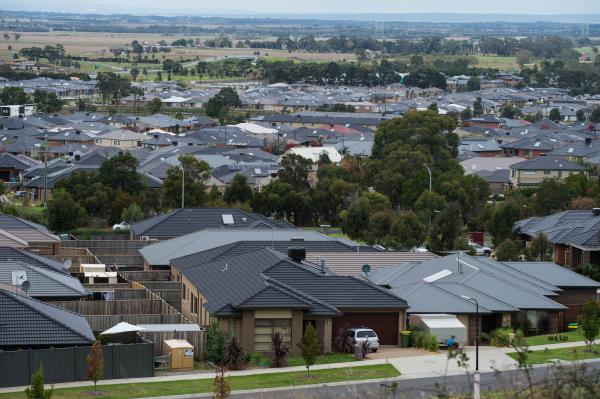Sarah Oliver
The National Growth Areas Alliance (NGAA) has revealed its key election priorities ahead of the next federal election.
The priorities aim to close the growing infrastructure gap many outer metropolitan areas face, including Melton.
According to new research, the underestimation of potential population in growth areas has created mounting economic, mental health and infrastructure issues in Australia’s fastest growing communities.
The NGAA commissioned over 80,000 interviews with outer suburban residents.
NGAA chief executive Bronwen Clark said those interviews painted a picture of communities consistently overlooked by the government.
“Our outer suburbs are home to the most essential workers and faced the strictest lockdowns. These are the communities that saw us through the pandemic and to date governments have failed to understand their needs,” she said.
“Now, governments must join the dots between high COVID rates, high outbreak risk factors and the lag in social infrastructure in fast growing outer suburbs.”
Ms Clark said the government should start with appointing a dedicated Minister for Growth Areas which would help deliver infrastructure, jobs and housing to outer suburban communities.
The research found that following the pandemic, one in five (or 21 per cent) outer suburbs residents reported that they are living in ‘financial survival mode’.
More than half of residents are struggling to pay at least one bill, particularly energy, groceries, rent and personal loans, of which 64 per cent are under 40.
Ms Clark said to address the financial stress, there should be greater access to local jobs.
The research found residents were more likely to feel stressed, frustrated and anxious than the national average.
Ms Clark said revitalising job opportunities may also help alleviate the looming problem of mental health issues in growth areas.
Less than half of the growth area residents accessed mental health support in the last 12 months.
“This is fuelled by a lack of mental health services, with caseloads of some growth area providers being twice the national average,” Ms Clark said.
Ms Clark said soaring house prices and a record rise in land sales in recent years has been due to Australians “flocking to the outer suburbs to live the Australian dream of home ownership”.
“Growth areas are home to vibrant communities that are growing twice as fast as the rest of the country.
“COVID-19 has shown that Australia’s economic prosperity depends heavily on our vast growth areas workforce,” Ms Clark said.
“It’s now critical that a Minister for Growth Areas be appointed to lead an urgent national response to growth area inequities and COVID-19 recovery.”







